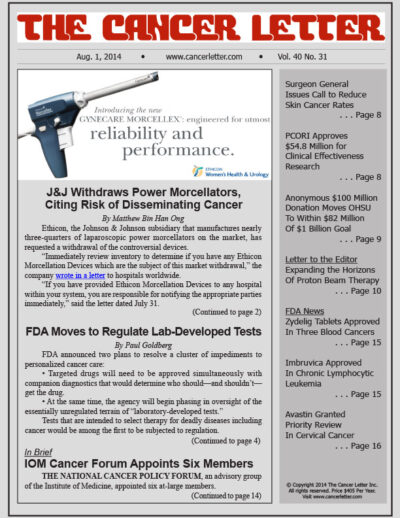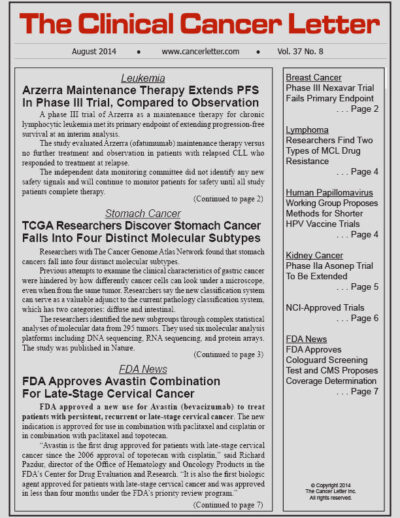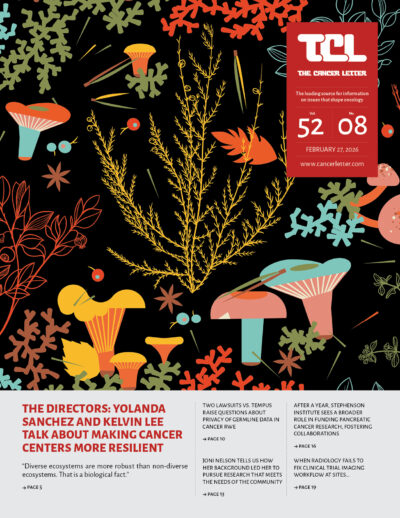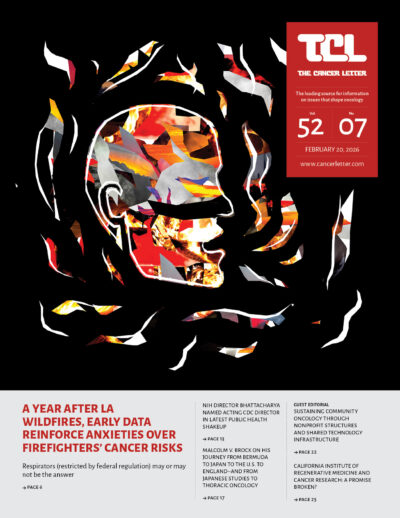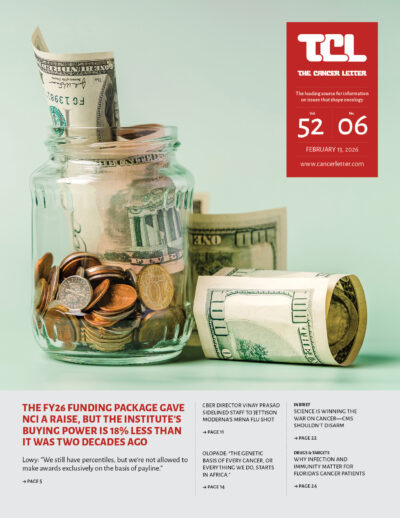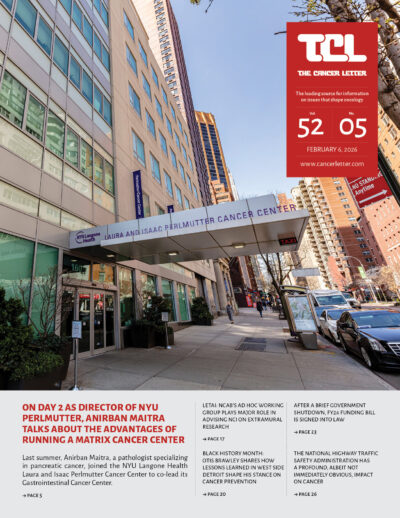

Cover Story
It's possible that molecular testing is doing a lot of good, pinpointing cancer therapies that are most likely (or least likely) to work.
In Brief
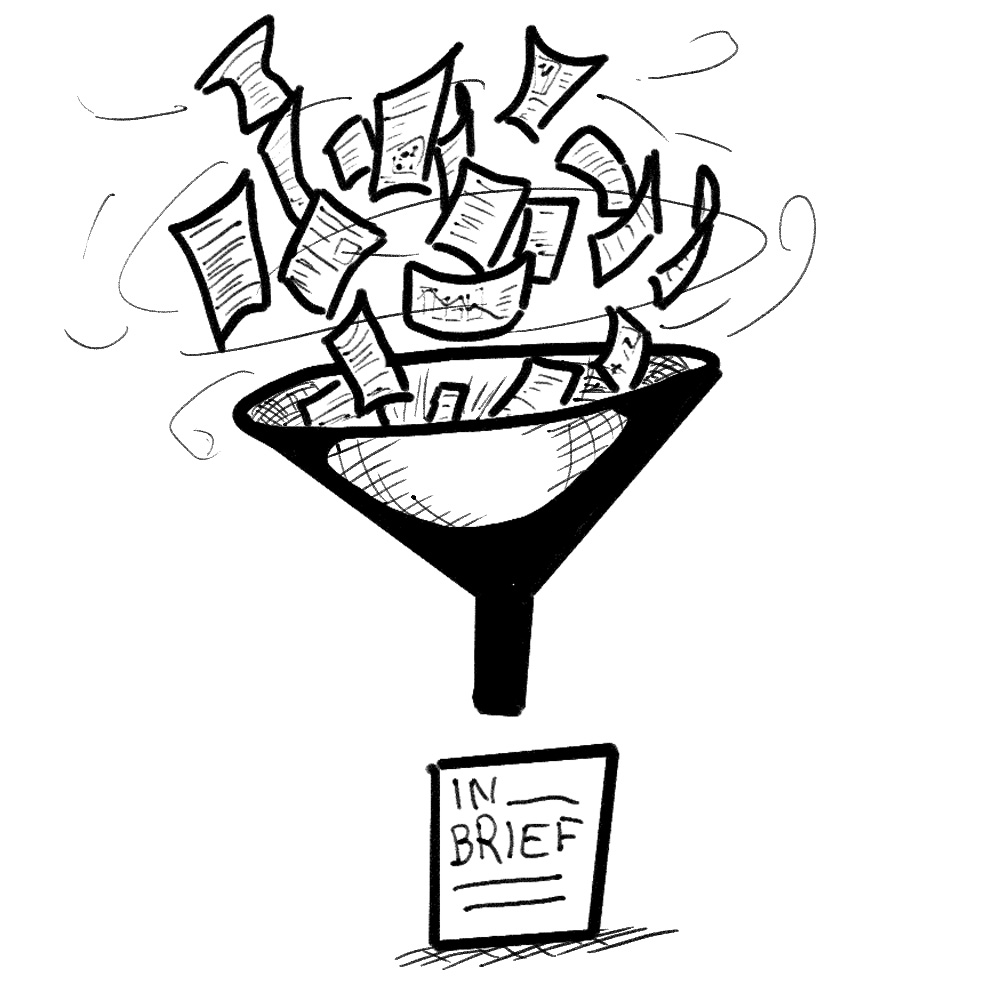

Trending Stories
- Two lawsuits vs. Tempus raise questions about privacy of germline data in cancer RWE
“Deidentified” ≠ “deidentifiable” - Lawsuits brought against Tempus AI raise more questions than answers about DNA privacy in the AI era
- Mail-out colorectal cancer screening programs extend, rather than replace, clinical care
- Lou Weiner to step down as director of Georgetown’s Lombardi CCC after 18 years
- After a year, Stephenson institute sees a broader role in funding pancreatic cancer research, fostering collaborations
“We are not just funding research. We are building a trusted community.” - Trump administration announces “major crackdown” on healthcare fraud


